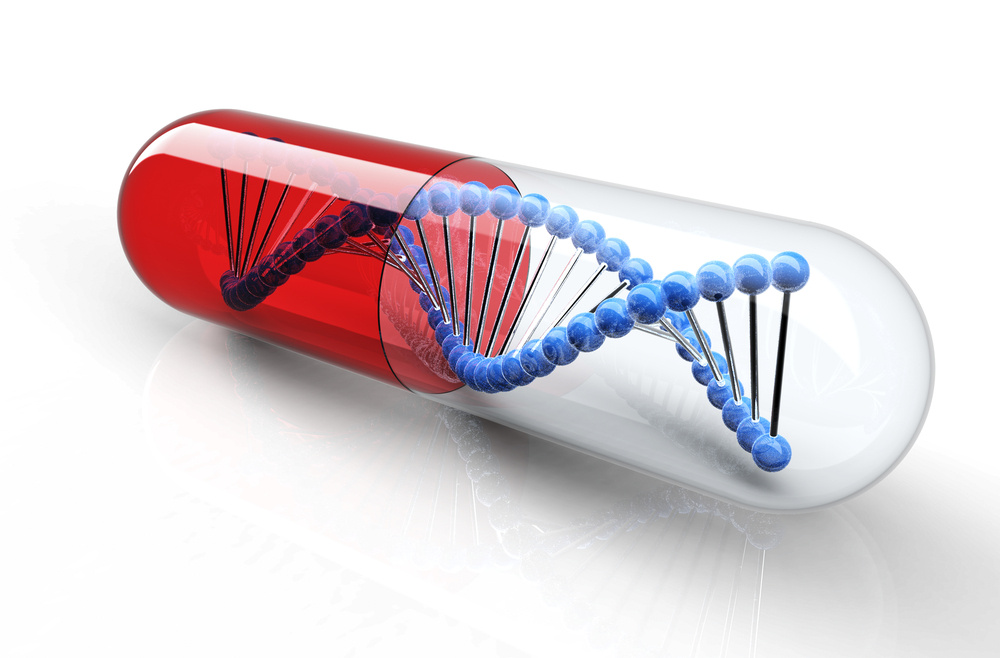What Are The Early Signs Of Addiction?
Addiction, also known as substance use disorder (SUD), is a chronic brain disease, and is listed as such in the Diagnostic and Statistical Manual of Mental Disorders, Fifth Edition (DSM-5). Substance use disorder is defined as a “complex condition in which there is uncontrolled use of substance despite harmful consequence.” Individuals that struggle with addiction will prioritize satisfying drug cravings above all else. This can lead to detrimental consequences, affecting all areas of one’s life. Although the single scientific cause for addiction remains unknown, the National Institute on Drug Abuse (NIH) allude to several risk factors (e.g., environmental risk factors, genetics, drug of choice, method of use, the age an individual started abusing drugs and/ or alcohol, etc.) that have been reported to increase one’s propensity for developing substance use disorder. Data from 2022 presented by the National Center for Drug Abuse Statistics, indicate that addiction affects over 20 million Americans aged 12 and over.
Warning Signs
Individuals that begin to abuse drugs and/ or alcohol regularly will exhibit certain patterns of incorporating substances into their lives. The term regular is subjective, as patterns of regular drug use will present distinctly in different people (e.g., one person may regularly use drugs on the weekend, whereas another person may regularly use drugs daily). Although there are various factors that will contribute to specific behaviors and exact signs exhibited by an individual in the early stages of addiction, below are examples of some of the most commonly exhibited warning signs, provided by the American Psychiatric Association:
- Emotionally unstable
- Hyperactive
- Hostile
- Uncommunicative
- Uncooperative
- Depressed
- Agitated
- Anxious
- Avoids eye contact
- Increased need for privacy
- Irregular eating habits (e.g., eats excessive amounts or does not eat at all)
- Random laughing fits
- Disappears for extended periods of time
- Lacks coordination
- Financial difficulties
- Attempts to cover up breath with mints and/ or gum
- Loss of inhibitions
- Difficulty focusing
- Reckless and dangerous behaviors (e.g., driving while intoxicated)
- Uses eye drops to reduce eye reddening
- Shift in sleeping habits (e.g., periods of sleeplessness, followed by extended periods of sleep).
- Failure to honor previously made commitments
- Loss of interest in once enjoyed hobbies or pastimes
- Self-imposed social isolation and withdrawn
- Deceitful
Everyone is different and each person struggling with addiction has the propensity to exhibit a unique combination of signs and symptoms. The severity of symptoms will depend on several contributing factors including one’s drug of choice, the duration of one’s abuse, the potency of the abused substance, one’s personal health history and the presence of any co-occurring disorders.
For Information and Support Substance abuse and addiction can be incredibly dangerous and can result in severe short and long-term consequences. If you or someone you know is suffering from substance abuse or addiction, please get help as soon as possible. The earlier you seek support, the sooner you and your loved ones can return to leading happy, healthy, and fulfilling lives. There is no reason to go through this alone, and we are here to help. Please feel free to reach out to us for further information or with any questions regarding substance abuse or addiction. We are available anytime via telephone at: 213-389-9964, or you can always email us at: info@friendlyhousela.org.



